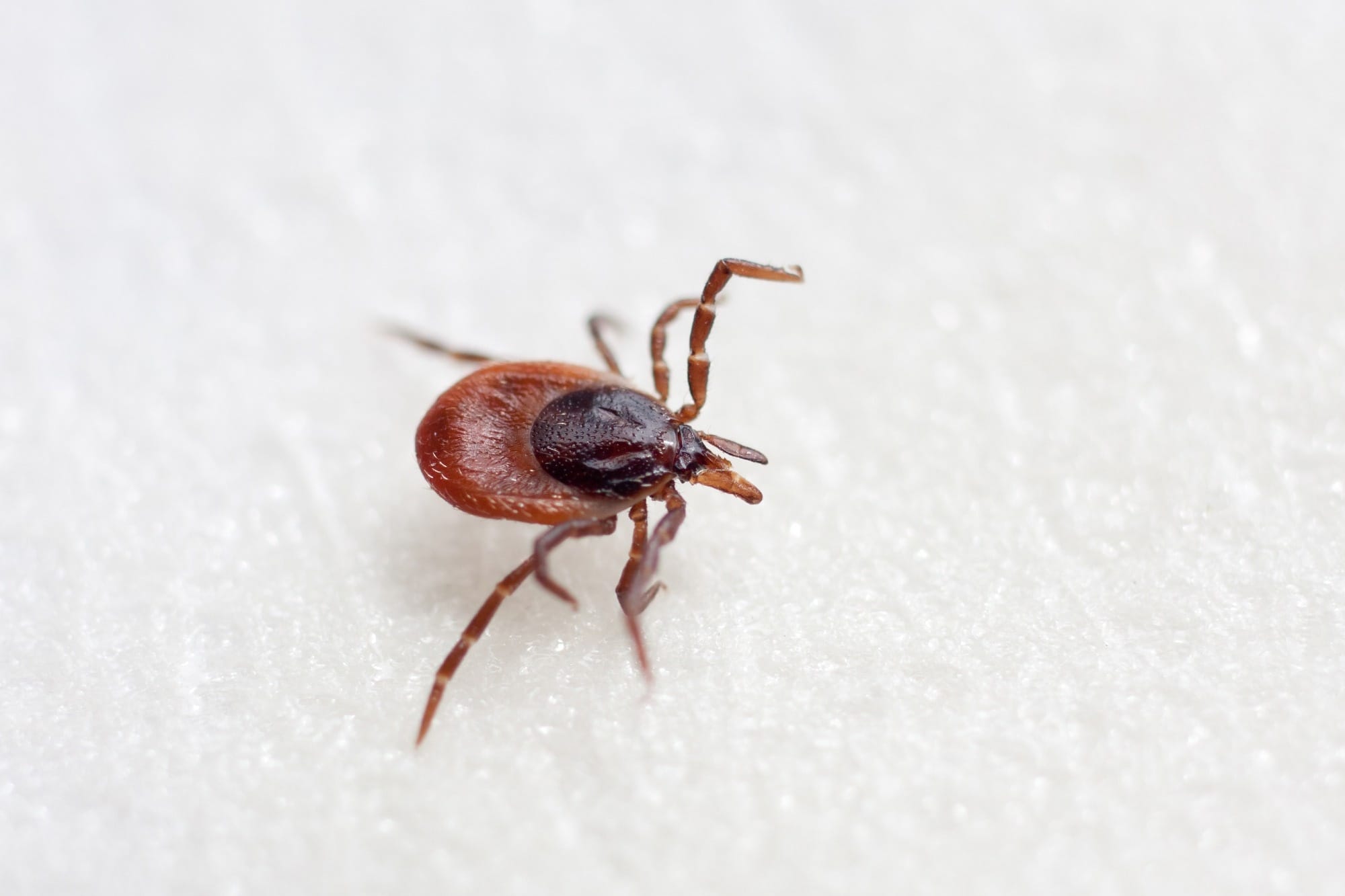A mysterious illness has killed dozens of people in the Congo, prompting the United Nations to launch an investigation into the cause of the outbreak. The illness, which has affected several villages in the northeastern part of the country, has left health officials baffled, and the World Health Organization (WHO) has dispatched a team of experts to the region to assist in the investigation.
According to reports from local health authorities, the illness began to spread in late February, with the first cases reported in the village of Nyiragongo, located in the North Kivu province. Since then, the illness has spread to several other villages in the region, including Goma, the capital of North Kivu.
Symptoms of the illness include fever, headache, and muscle pain, which are similar to those of malaria, a common disease in the region. However, unlike malaria, the illness does not respond to treatment with antimalarial medication, and patients have reported experiencing severe abdominal pain, diarrhea, and vomiting.
The WHO has confirmed that at least 50 people have died from the illness, although local health officials put the death toll at over 100. The organization has also reported that over 200 people have been infected with the illness, although the exact number is difficult to determine due to the remote location of the affected villages.
“We are working closely with the Congolese government and local health authorities to investigate the cause of this outbreak and to provide support to those affected,” said Dr. Matshidiso Moeti, WHO Regional Director for Africa. “We urge the public to remain calm and to follow the advice of local health officials to prevent further spread of the illness.”
The WHO has dispatched a team of experts to the region, including epidemiologists, laboratory specialists, and clinicians, to assist in the investigation. The team is working closely with local health officials to collect samples from patients and to conduct laboratory tests to determine the cause of the illness.
The investigation is ongoing, but officials say that it may take several weeks to determine the cause of the outbreak. In the meantime, local health authorities are urging residents to take precautions to prevent further spread of the illness, including avoiding close contact with anyone who is sick and washing hands regularly.
The outbreak has also raised concerns about the preparedness of the healthcare system in the Congo, which has been weakened by years of conflict and instability. The country’s healthcare system has been stretched to the limit in recent years, with outbreaks of Ebola, cholera, and malaria putting a strain on resources.
“The Congo is a country that is prone to outbreaks, and we need to be prepared to respond quickly and effectively to prevent further spread of disease,” said Dr. Jean-Jacques Muyembe, Director of the National Institute for Biomedical Research in Kinshasa. “We urge the international community to provide support to our healthcare system to help us build capacity to respond to outbreaks like this.”
The WHO has also warned that the outbreak highlights the need for improved surveillance and detection of diseases in the region. The organization has called for increased investment in healthcare infrastructure and training for healthcare workers to improve the response to outbreaks.
In addition to the WHO, other international organizations, including the Centers for Disease Control and Prevention (CDC) and the European Centre for Disease Prevention and Control (ECDC), are also providing support to the investigation.
As the investigation continues, officials are urging residents to remain calm and to follow the advice of local health officials to prevent further spread of the illness. The WHO will provide regular updates on the investigation and any findings.



